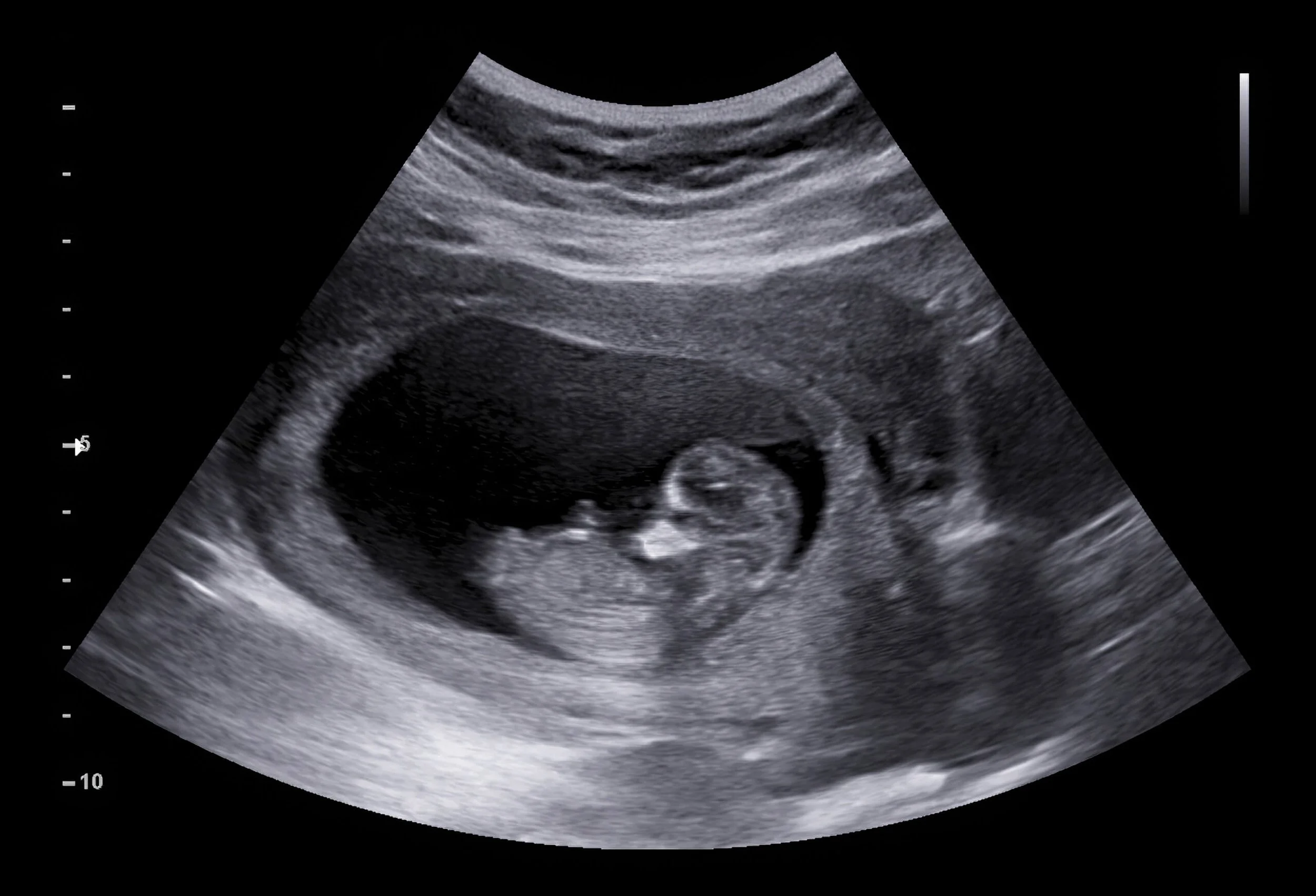
Say No To SJ247

The cultural significance of extremist legislation…

Virginia’s SJ247 takes away important safeguards for women and children. It removes parental consent, so minors could get abortions without their parents ever knowing. It allows late-term abortions for almost any reason—even “mental health” claims. And it lowers the medical standard from three doctors to just one, making it easier for extreme cases to slip through. Critics warn this isn’t just about “choice” — it’s about removing protections and putting families and children at risk.
Together, these elements—removing parental involvement, broadening mental health exceptions, and reducing medical oversight—are why critics label SJ247 as “extremist legislation.” To them, it dismantles carefully constructed barriers that balanced access with accountability. By writing these broad freedoms into the state constitution, they argue Virginia risks going further than even most pro-choice advocates expect, aligning itself with the most permissive interpretations of reproductive rights in the nation.
From a cultural perspective, this is why SJ247 strikes such a nerve. In the eyes of its opponents, it doesn’t just secure reproductive freedom—it swings the pendulum too far, stripping away reasonable protections and normalizing practices many see as extreme or unsafe. For supporters, those same provisions are about removing unnecessary barriers and protecting women’s autonomy. But to detractors, the bill is an example of ideological overreach, redefining reproductive rights so broadly that it erases common-sense safeguards for women, children, and families.
Other Articles
-
The chief patron (primary sponsor) of SJ247 is Senator Jennifer Boysko (D-Fairfax). Virginia Legislative Information System+2Virginia Public Access Project+2
In addition, the bill has many cosponsors, including Senators Mamie Locke, Louise Lucas, Ghazala Hashmi, Lashrecse Aird, Lamont Bagby, Jennifer Carroll Foy, Creigh Deeds, Adam Ebbin, Barbara Favola, Dave Marsden, Jeremy McPike, Stella Pekarsky, Russet Perry, Danica Roem, Aaron Rouse, Saddam Salim, Angelia Williams Graves, Schuyler VanValkenburg, and Kannan Srinivasan.
-
Constitutional Supremacy
Once adopted into the Virginia Constitution, the amendment would have higher authority than ordinary state statutes. Any Virginia law that is inconsistent with it could be challenged and struck down.

This amendment is ever evolving. Sign up to stay updated.









